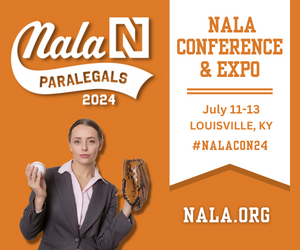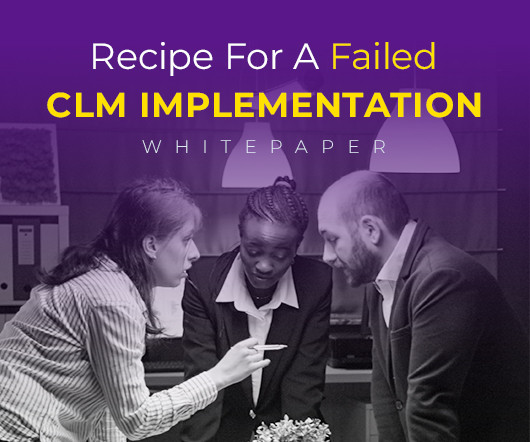FCC Sets June 30th as "Cut-off Date" for Certain Class A, LPTV, and Translator Applications
Broadcast Law Blog
JUNE 14, 2009
This week ,the FCC issued a Public Notice addressing the issue of LPTV stations eager to displace to a new channel or switch to digital operations following the transition of full powers to DTV. (Please note, this notice does not address the filing of applications for brand new LPTV stations, which are still frozen). Many LPTV stations are eager to take advantage of the channels being returned by full power stations either to move their operations to those channels or to flash-cut to digital on


























Let's personalize your content